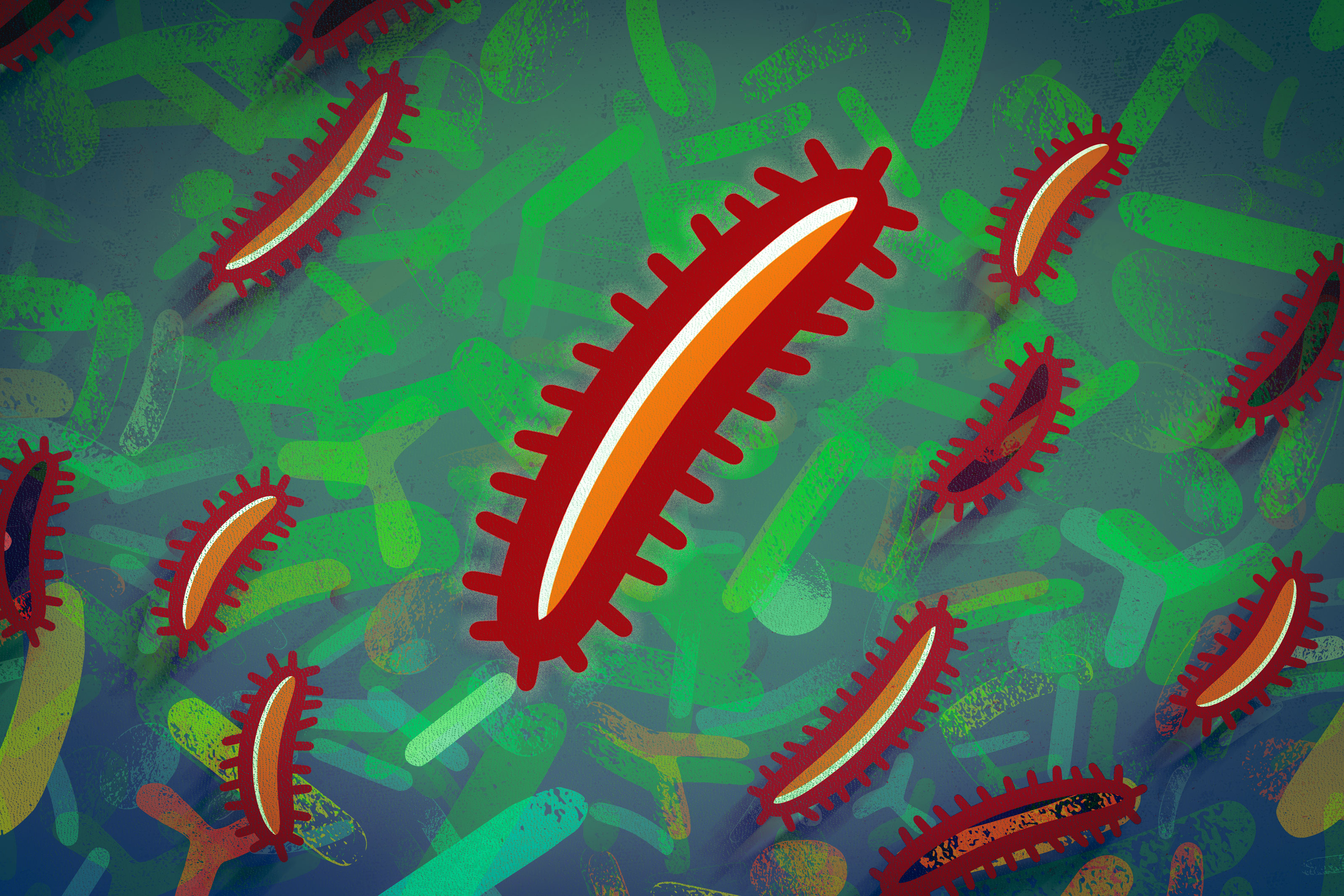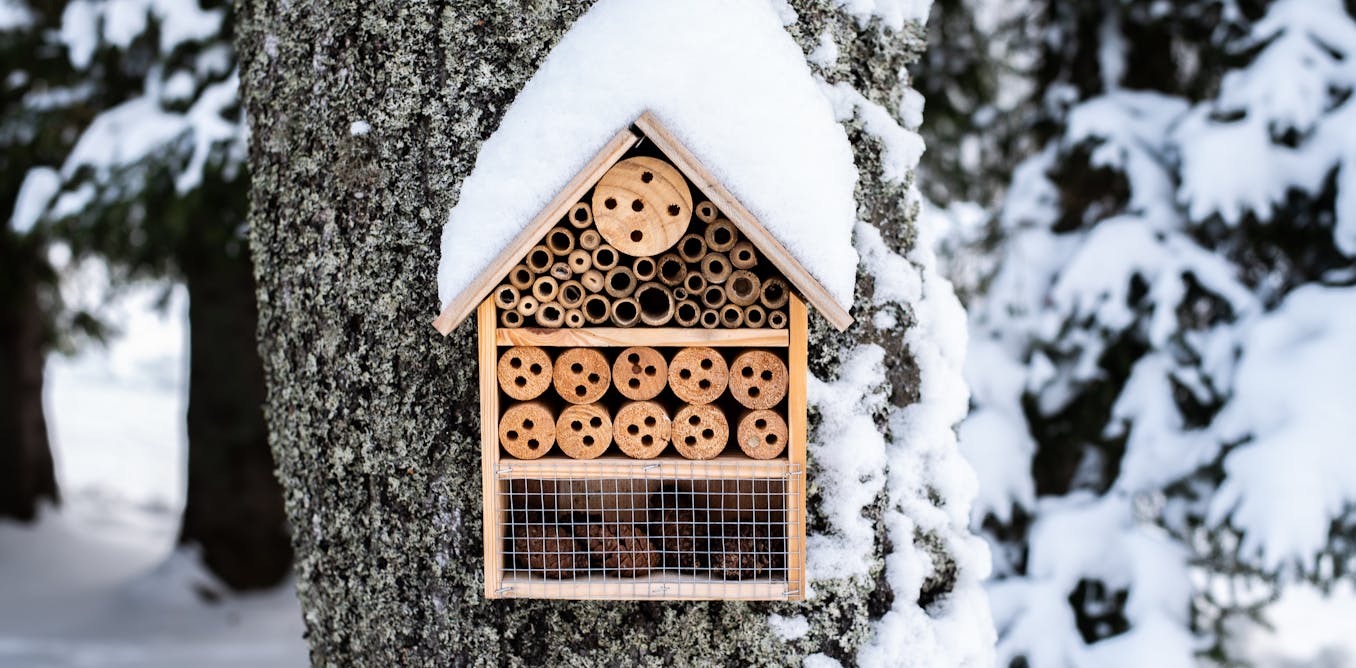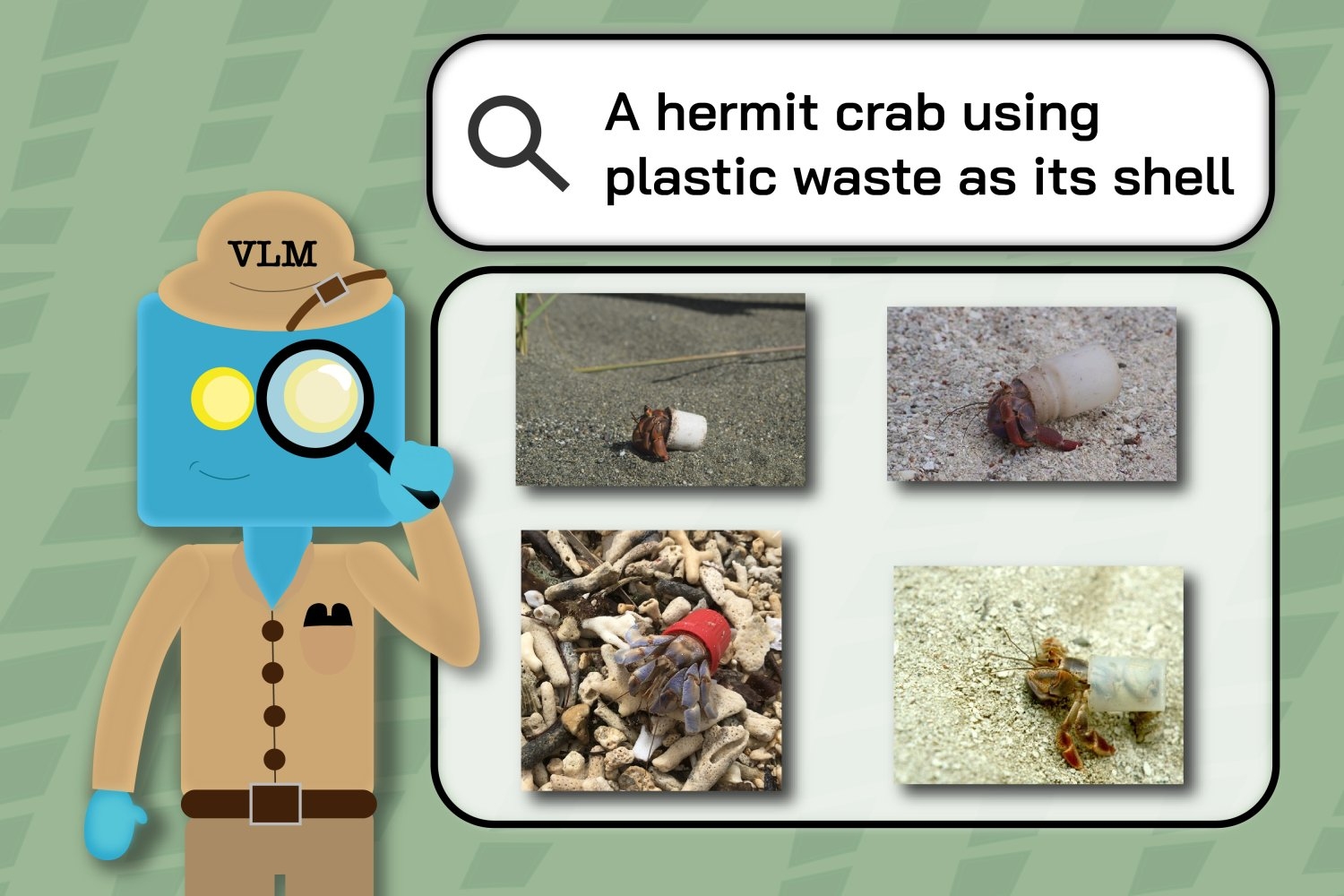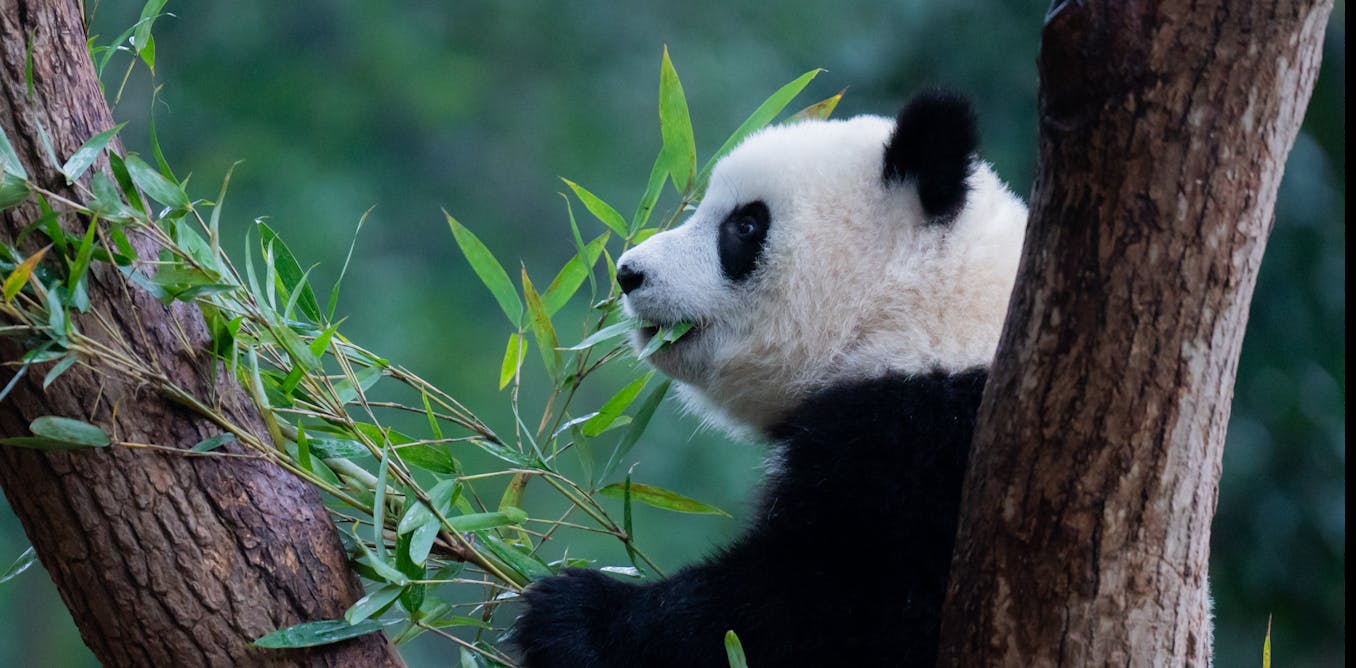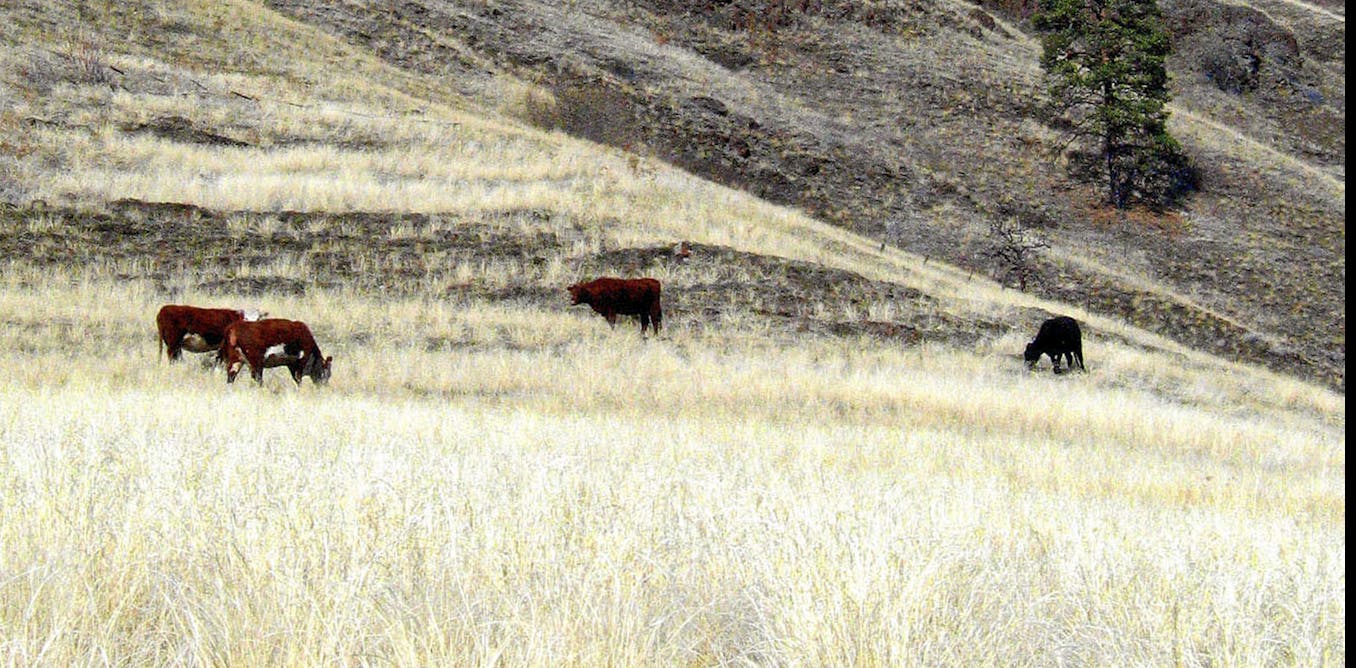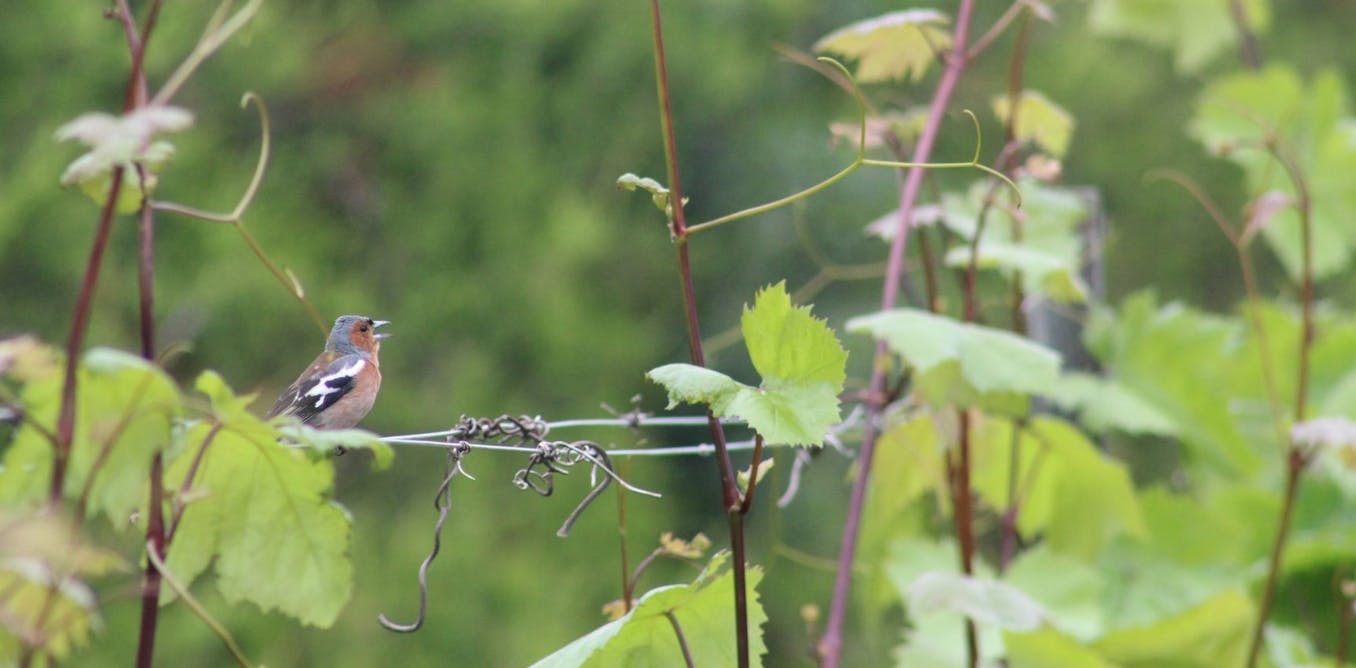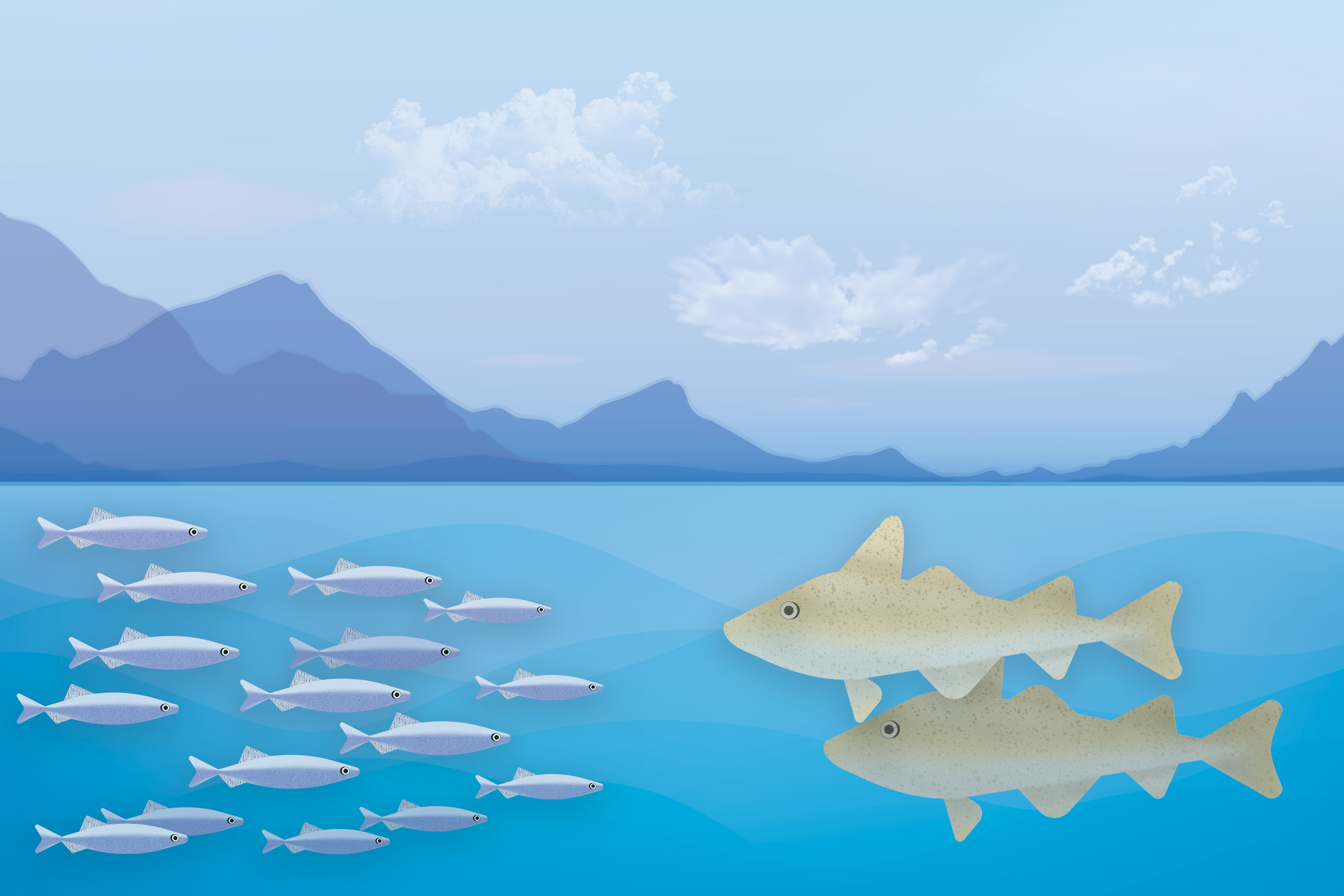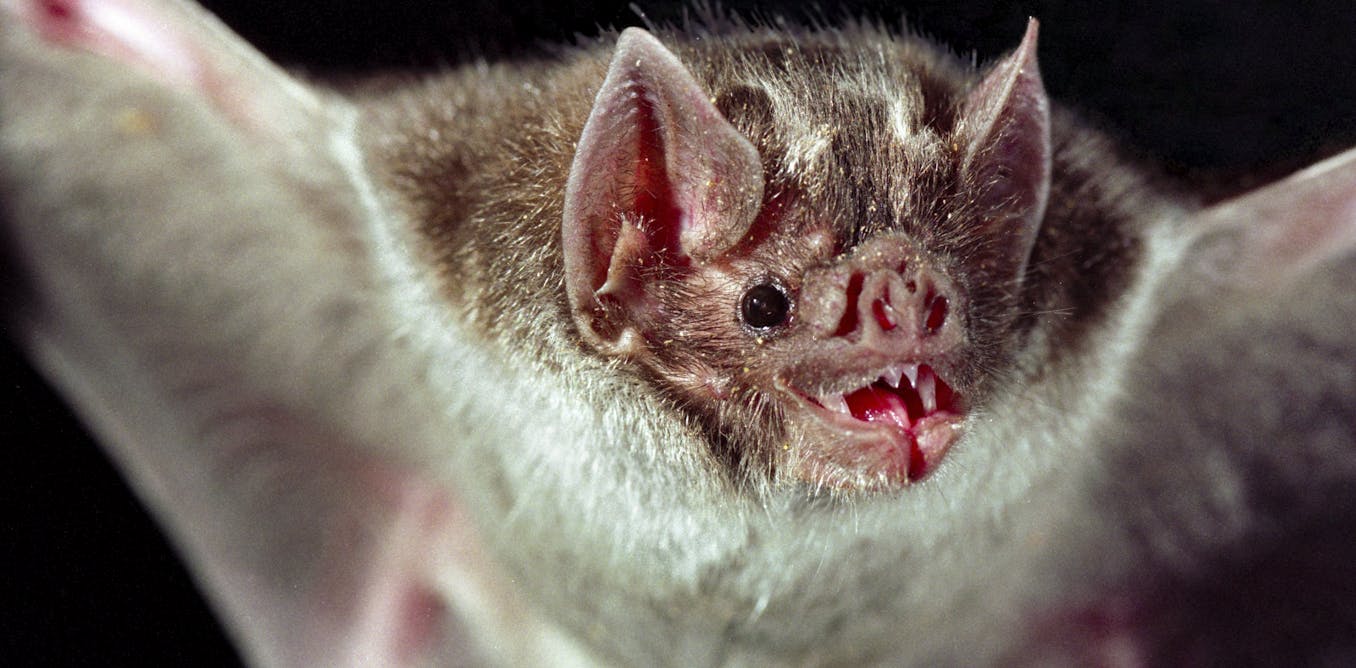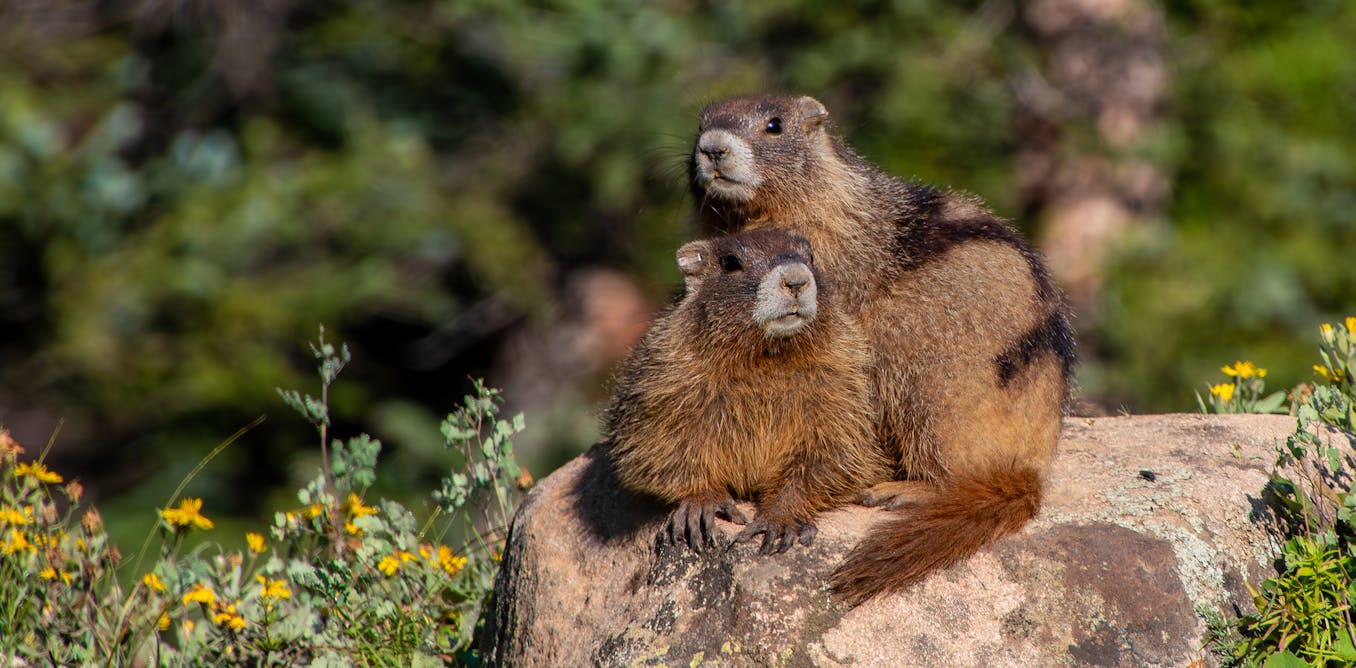Ecologists find computer vision models’ blind spots in retrieving wildlife images
Biodiversity researchers tested vision systems on how well they could retrieve relevant nature images. More advanced models performed well on simple queries but struggled with more research-specific prompts.
Dec. 20, 2024 • ~9 min
Climate change is making plants less nutritious − that could already be hurting animals that are grazers
Rising carbon dioxide levels in the air are making plants grow larger and faster, but diluting their nutritional content. This could threaten the health of herbivores worldwide.
Dec. 20, 2024 • ~9 min
After wildfires, ranchers face 2-year delay to graze cattle on federal land – is it doing more harm than good?
That delay can tip ranchers’ finances into the red. While the land needs time to recover, studies raise questions about whether two years is really necessary.
Dec. 16, 2024 • ~8 min
The Serviceberry: this Indigenous understanding of nature can help us rethink economics
Robin Wall Kimmerer envisions an economy of gratitude and reciprocity with nature, using the serviceberry tree as a key witness.
Nov. 18, 2024 • ~6 min
Vampire bats – look beyond the fangs and blood to see animal friendships and unique adaptations
A behavioral ecologist explains the reciprocal social relationships vampire bats maintain, in sickness and in health.
Oct. 28, 2024 • ~10 min
Wild animals can experience trauma and adversity too − as ecologists, we came up with an index to track how it affects them
New research finds that marmots who experience adversity early in life have a lesser chance of survival.
Oct. 21, 2024 • ~10 min
/
27

